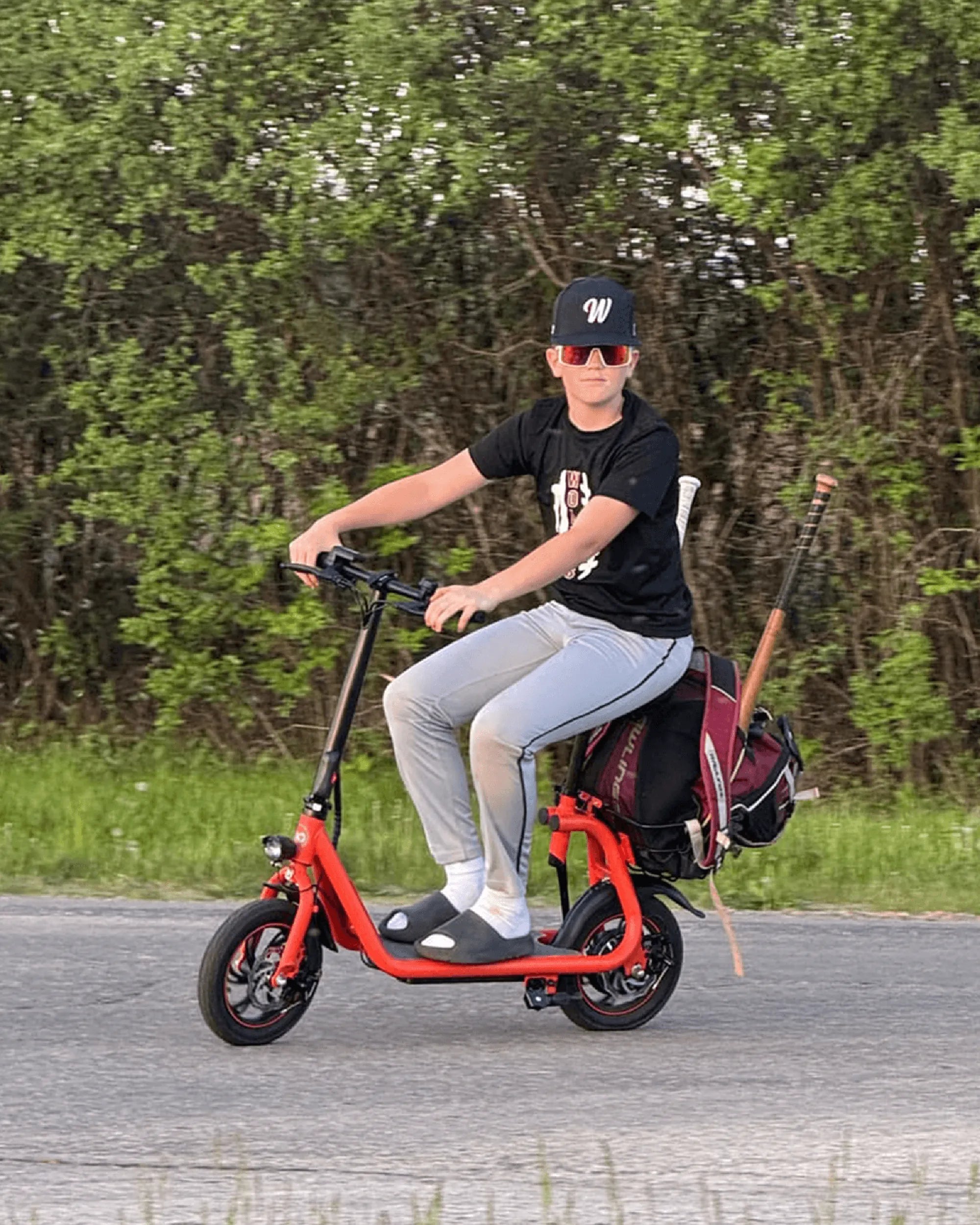Electric scooters have taken urban transportation by storm, offering a convenient and eco-friendly way to navigate crowded streets. But as their popularity grows, so does the debate over their legality. Are electric scooters street legal? The answer isn't straightforward—it depends on where you live, how you ride, and local regulations. Let's dive into the complexities of e-scooter laws and what riders need to know before hitting the road.
The Legal Landscape of Electric Scooters
Electric scooters occupy a unique space in transportation law. Unlike cars or bicycles, they don't fit neatly into existing legal categories. Most countries and states classify them as "powered transporters," but the specifics vary widely. Some regions treat them like bicycles, allowing them on roads and bike lanes, while others restrict them to sidewalks or ban them altogether.
Key Factors Influencing Legality
- Speed Limits: Many jurisdictions impose speed caps, often around 15-20 mph (24-32 km/h). Scooters exceeding these limits may require registration or licensing.
- Motor Power: Some areas regulate scooters based on motor wattage, with lower-powered models facing fewer restrictions.
- Helmet Laws: Certain regions mandate helmets for all riders, while others only require them for minors.
- Age Restrictions: Minimum age requirements for riders vary, typically ranging from 14 to 18 years old.
Where Are Electric Scooters Allowed?
Urban areas with robust micromobility programs often embrace e-scooters, while rural regions may prohibit them entirely. Many cities have designated "geo-fenced" zones where scooters can operate, using GPS to enforce boundaries. Riders should always check local ordinances before hopping on.
Common Riding Zones
- Bike lanes (where permitted)
- Roadways with speed limits under 25 mph (40 km/h)
- Shared paths in some municipalities
Safety Concerns and Insurance Requirements
As e-scooter usage increases, so do accident rates. Many jurisdictions are responding with stricter safety regulations. Some require liability insurance, especially for rental fleets, while others mandate lights and reflectors for nighttime riding. Proper rider education remains a critical yet often overlooked component of e-scooter safety.
The Future of E-Scooter Regulations
Lawmakers worldwide are grappling with how to integrate electric scooters into existing transportation frameworks. Many are developing new classifications specifically for micromobility devices. As technology evolves, we may see smarter regulations that balance innovation with public safety.
Whether you're a daily commuter or occasional rider, understanding your local e-scooter laws is crucial. With regulations changing rapidly, staying informed could mean the difference between a smooth ride and an unexpected ticket. The electric scooter revolution shows no signs of slowing down—will your city's laws keep pace?

Share:
Best Electric Scooters for Teens: Top Picks for Safety and Fun
Electric Powered Scooters: The Future of Urban Mobility